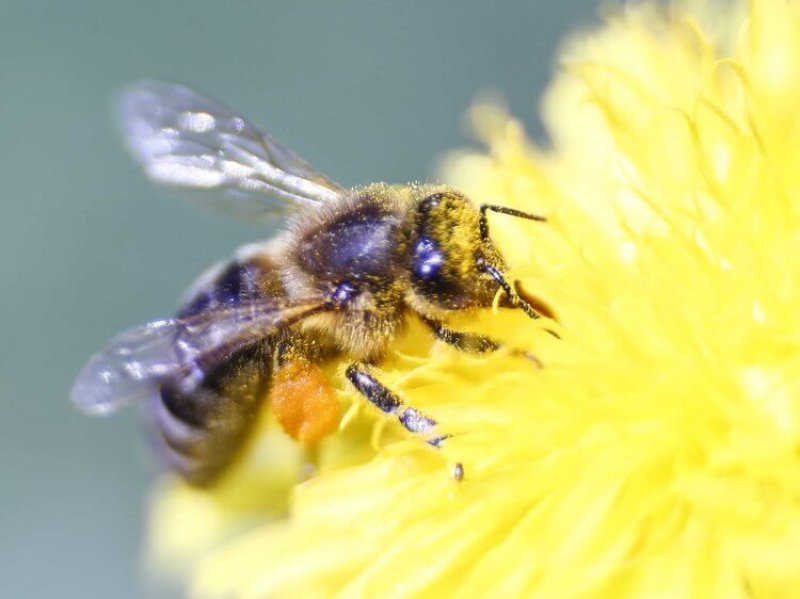A natural, sustainable alternative to pesticides that targets specific pests, without harming beneficial pollinators such as honeybees, is being developed with the help of researchers from the Institute for Sustainable Food at the University of Sheffield.
Working in collaboration with industry partner and leading agricultural company, Syngenta, experts at the institute are helping to develop a pioneering biocontrol that uses dsRNA-based biocontrols to target plant pests.
RNA is a molecule essential for the coding, decoding, regulation, and expression of genes. RNA-based biocontrols exploit a naturally occurring process called RNA interference (RNAi) in which double-stranded RNA (dsRNA) essentially stops the production of a critical protein in the target pest.
Read full, original article: Researchers Developing Natural Pesticide Alternative That Doesn’t Harm Honeybees































